Recovery Nutrition
Written By: Heather Gerrish, MS, RDN
Recovery is a vital component to any training regimen - and essential for daily life! Recovery can mean something different for everyone. Maybe recovery is integrating a period of rest between training sessions or increasing how many hours of sleep you get a night. Ultimately, recovery is a way that the body can reset and get ready for another round (may that be for day to day tasks, training or energy for work/school/life), but how do you “recover” well? This article will review how to practice recovery nutrition and variables outside of your nutrition intake that can influence your ability to recover efficiently.
The first step (as always) is to look at your current recovery methods and how they are helping (or hindering) you to reach your goals.
What areas do you need to work on the most?
What has worked well in the past?
Write down a few steps, a routine or specific actions that you are currently taking to prioritize recovery now and see where you land at the conclusion of this blog!
Questions to Ask Yourself:
Nutrition practice - what does your practice look like right now? Are you fueling for activity? Prioritizing recovery meals?
1. Training and Fueling Practice
Next, let’s review recovery nutrition and fueling practices. There is a window of opportunity that you can use to maximize your recovery nutrition and provide your body the fuel it needs to rebuild and restore your energy needs, body tissue and prevent lean body tissue catabolism (when the body elects to use your muscle tissue for break down into energy to fill your “energy deficit” caused by increased energy expenditure through activity).
Methods to ensure that you are maximizing this window (often around 30 minutes immediately after the conclusion of a training session/activity) is to prepare a small recovery snack ahead of time. This might look like a combination of a lean protein source balanced with complex carbohydrates. This doesn’t need to be too specific at first, as you are trying out new combinations and seeing what works best for you. Maybe that is a half serving of a home-made smoothie or combo of whole-grain crackers and mixed nut butter. Again, the idea here is to fuel your body with a combination of protein and carbohydrates but the options you choose is ultimately up to you! The portion of this post-workout recovery fuel should closely resemble a small snack BUT if you’re someone who often doesn’t have a snack or meal after training, that’s ok! The size of the “fuel combo” doesn’t need to mimic a traditional snack or meal (although if you are training relatively hard, you likely would benefit from a meal within the 2-3 hour window after your workout). The idea centered on SOMETHING is much better than NOTHING on those hard training days.
2. Anti-inflammatory - fruits and vegetables, variety and balance
Prioritizing a balanced diet of a robust selection of fruits and vegetables actually helps with your recovery as well! By ensuring your body has enough in terms of macro and micronutrients, you are allowing your body to use those building blocks to create a strong foundation for you to grow and train effectively. Including a variety of colorful fruits and vegetables also provides your body with a wide array of micronutrients that assist with various metabolic reactions (including the repair of lean body tissue!).
3. Sleep - tips to have a set sleep schedule, importance of sleep and nutrition/recovery
Sleep is SO IMPORTANT. If your body is not getting enough sleep (I am sure you can remember a time that you were struggling to stay awake at work or make it through a workout ) your body pays the price!
Ensuring that you are getting enough rest throughout the night (and I mean actual rest and sleep!) allows your body to repair, recover and reset for the next day. If you are depriving your body of the sleep it needs, complications in your training, energy, and speed of recovery can pop up fairly quickly! And in reality, no one really loves the feeling of dragging through their day relative to a poor night of sleep. Most adults need a fair amount of sleep to function at their top capacity - but that also can vary. Athletes also have been shown to require more sleep than the average sedentary adult relative to their increased needs for recovery - but again, this is unique and personalized with no one “right answer” for how much sleep you might need being applicable to all adults or all athletes for that matter.
_
Recovery means so much more than “rest” and tapping into this known benefit of maximizing your recovery routine and nutrition practice can not only help you now but set up a healthy practice for you to continue long term!
Stay healthy and remember to catch some zzz’s tonight!

